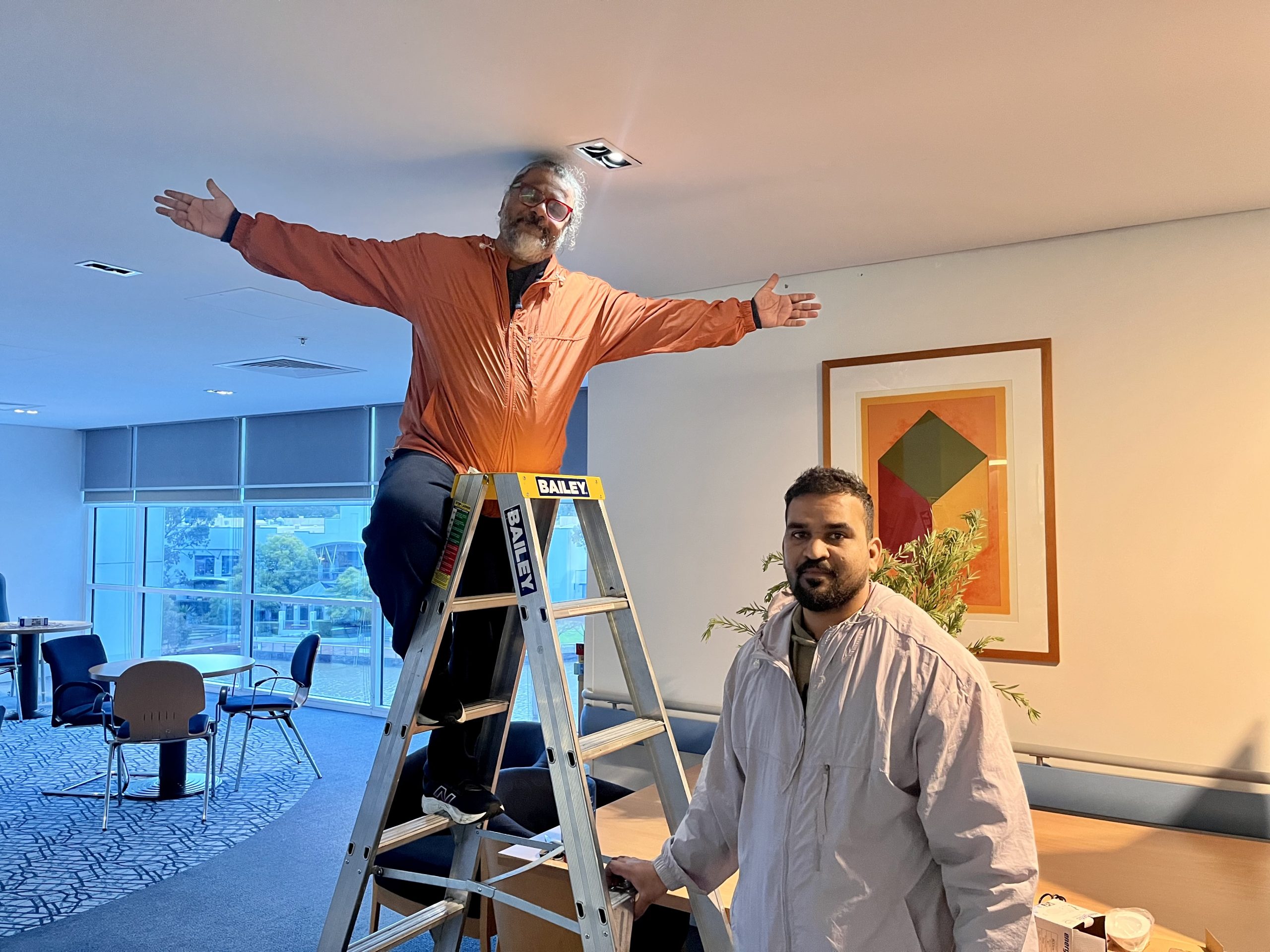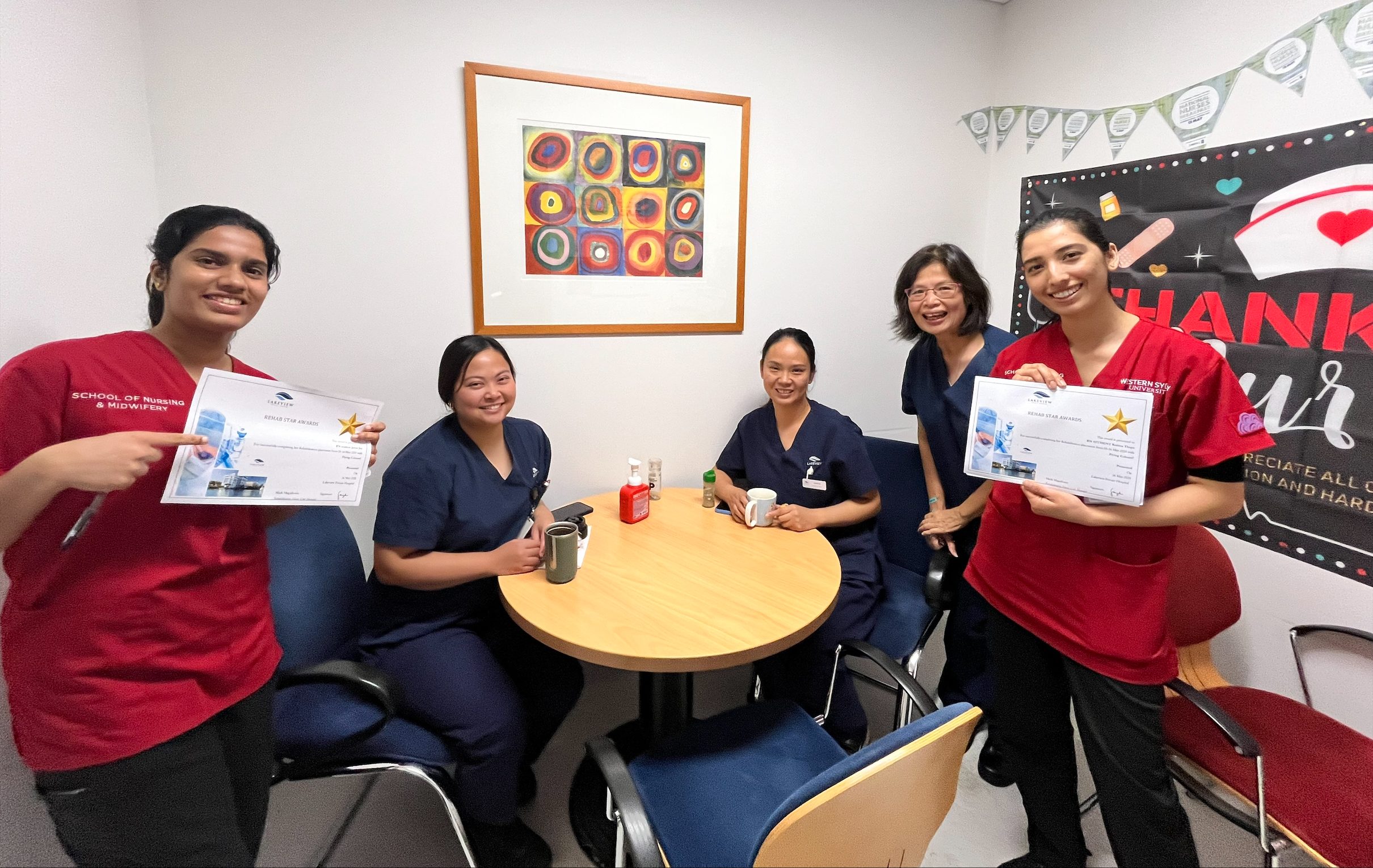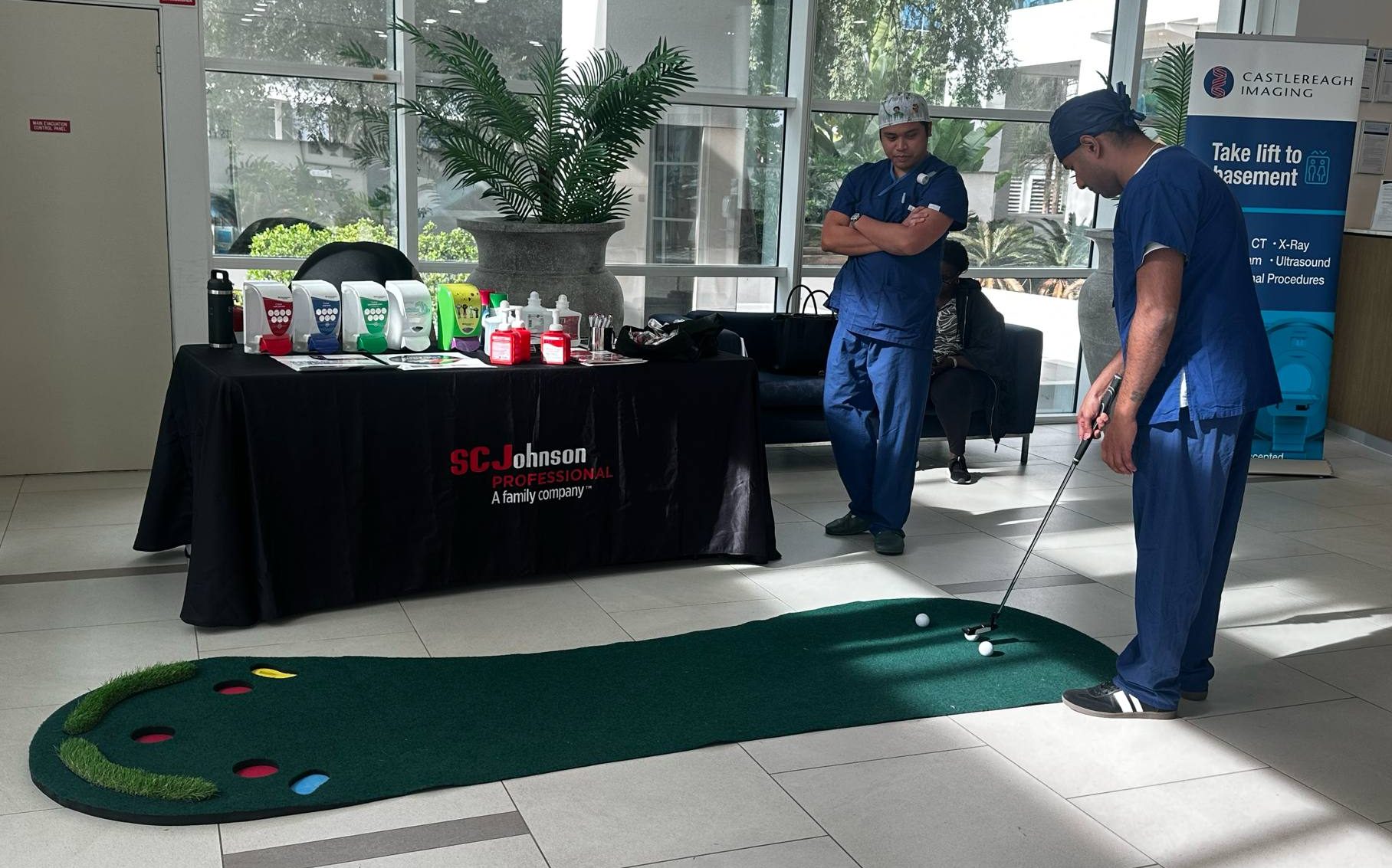
In recent years, we’ve witnessed a troubling rise in bowel cancer and autoimmune diseases among younger people, including children. Australia, in particular, has seen the highest global rates of early-onset colorectal cancer in those under 50, with 16.5 cases per 100,000 people - a figure that continues to climb. This trend highlights the urgent need to understand the contributing factors and take proactive steps toward prevention.
Bowel Cancer in Young Australians: A Growing Concern
Historically, bowel cancer was considered a disease of older adults. However, more young Australians are now being diagnosed, often at advanced stages of the disease. Early-onset colorectal cancer in individuals under 50 is rising faster here than anywhere else in the world. This shift has been linked to lifestyle and environmental factors that are shaping health outcomes in new ways.
Symptoms of bowel cancer in young people can often be subtle or mistaken for less serious conditions. They include:
- Persistent changes in bowel habits (diarrhoea, constipation, or both).
- Blood in the stool.
- Unexplained weight loss or fatigue.
The Rise of Autoimmune Conditions
Autoimmune diseases, such as Crohn’s disease, ulcerative colitis, and coeliac disease are also becoming more common in younger age groups. These conditions occur when the immune system mistakenly attacks the body’s own tissues, often causing chronic inflammation that can significantly affect quality of life. While the exact causes of these diseases are complex, mounting evidence points to a shared underlying issue: mitochondrial dysfunction.
What Are Mitochondria, and Why Do They Matter?
Mitochondria are the energy-producing structures in our cells, often called the "powerhouses" of the body. They are vital for cellular function, repair, and overall health. When mitochondria are damaged or don’t function optimally, cells can’t operate efficiently, leading to inflammation, DNA damage, and reduced immune resilience.
Mitochondrial dysfunction is a hallmark of many diseases. Mitochondrial dysfunction has been linked to bowel cancer development and autoimmune conditions, highlighting its critical role in maintaining health.
Environmental Factors Driving Mitochondrial Dysfunction
Several modern environmental factors are contributing to the rise in mitochondrial dysfunction, particularly among younger people. These include:
- Ultra-Processed Foods: Diets high in refined sugars, additives, and trans fats can overwhelm mitochondria and impair cellular health.
- Chemical Exposure: Widespread use of agrochemicals, such as pesticides and herbicides in food production, introduces toxins that damage cells.
- Sedentary Lifestyles: Reduced physical activity slows mitochondrial regeneration and repair.
- Chronic Stress: High-stress lifestyles and poor sleep increase oxidative stress, further damaging mitochondria.
- Low-Quality Animal Products: Consuming meat and fish raised with antibiotics, growth hormones, or in suboptimal conditions can introduce harmful substances into the body.
How Can We Protect Mitochondrial Health?
Although some factors are beyond individual control, there are steps we can take to reduce risks and support mitochondrial function:
- Eat Whole, Nutrient-Dense Foods: Focus on fresh vegetables, fruits, and properly farmed meats and fish free from harmful chemicals.
- Limit Processed Foods: Cut back on ultra-processed snacks, sugary drinks, and ready-made meals.
- Reduce Toxin Exposure: Whenever possible, choose organic produce and avoid unnecessary exposure to household chemicals.
- Stay Active: Engage in regular exercise, which promotes healthy mitochondrial function.
- Prioritise Rest: Manage stress and aim for consistent, quality sleep to allow cells to repair and regenerate.
Early Detection Saves Lives
While lifestyle changes are essential, early detection of bowel cancer and autoimmune conditions remains one of the most effective ways to improve outcomes. If you experience symptoms like changes in bowel habits, persistent abdominal pain, or unexplained fatigue, seek medical advice promptly.
At The Centre for Gastrointestinal Health, we’re here to help. With seven convenient locations, we focus on providing holistic prevention, early detection, and personalised care to support your health and well-being. Contact us today to book a consultation: https://lakeviewprivate.com.au/specialist/dr-farzan-bahin/
By Dr Farzan Bahin, Gastroenterologist and Hepatologist





